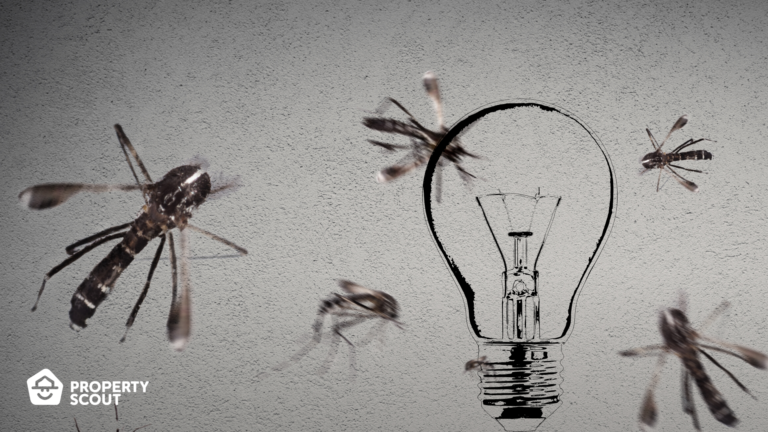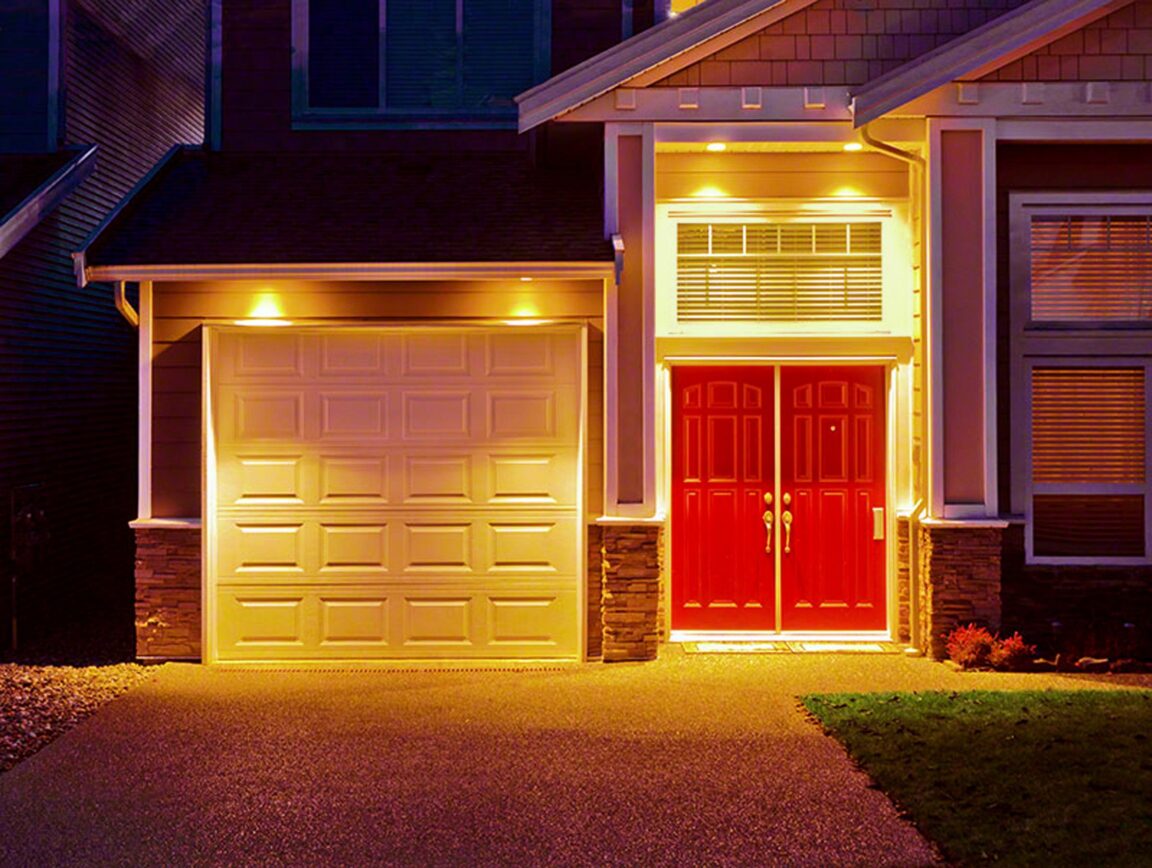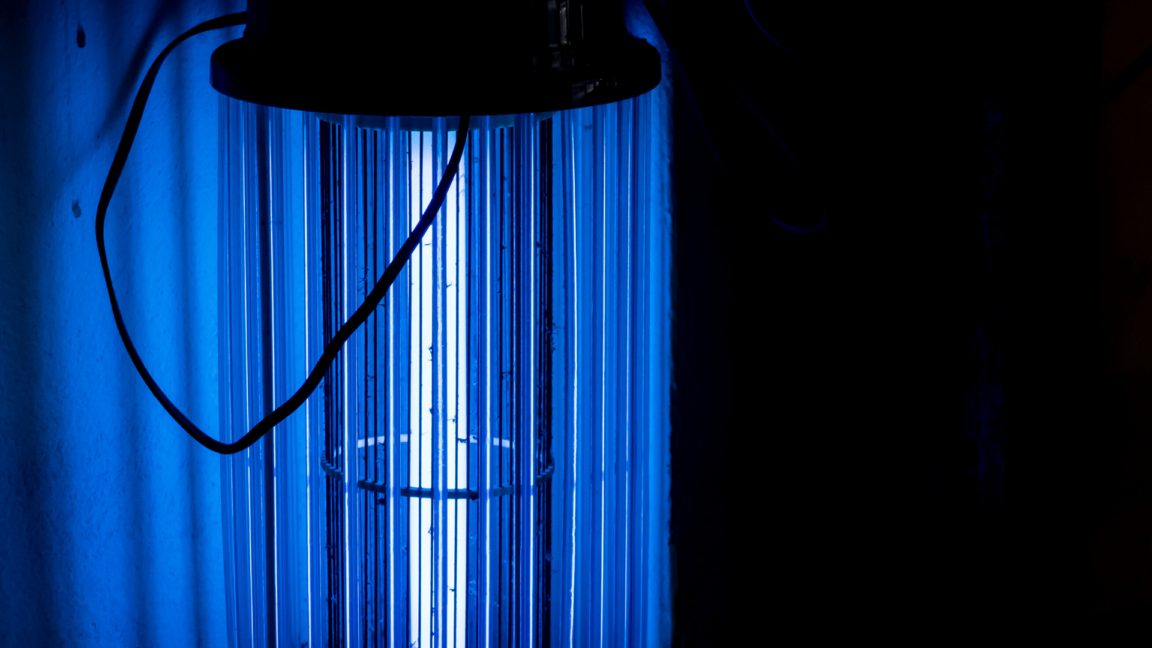Bulbs vs. Bugs: Shedding Light on the Effectiveness of Bug Repellent Bulbs


Let us introduce you to an illuminating world of bug repellent bulbs! The unwelcome presence of buzzing insects can quickly dampen the mood in these captivating summer nights. But fear not, for bug repellent bulbs claim to be the answer to our pest-related woes. This ingenious invention promises to keep those pesky bugs at bay while we bask in the gentle glow of their light. But do bug repellent bulbs truly deliver on their bold claims, or are they just another gimmick in the ever-expanding arsenal of bug-fighting tools? In this blog, we will shed light on the effectiveness of bug repellent bulbs, separating facts from fiction, and uncovering the secrets behind their alleged bug-banishing powers.

What are Bug Repellent Bulbs?

Bug Repellent Bulbs are specially designed to ward off bugs, especially mosquitoes. Coated with a yellow substance that eliminates UV light, these bulbs render mosquitoes unable to see. Consequently, mosquitoes no longer flock towards the light source, eliminating any potential annoyance or disturbance they may cause. Thanks to the ingenious working principle of bug repellent bulbs, mosquitoes are effectively deterred from approaching, allowing us to enjoy peaceful surroundings.
Bug-Repellent Bulbs vs Bug Trap Bulbs
When it comes to dealing with mosquitoes, both Bug Trap Bulbs and Bug Repellent Bulbs serve a common purpose, yet they employ distinct mechanisms. Bug Trap Bulbs, with their purple hue, emit UV radiation to attract and entice mosquitoes, employing various trapping methods to eliminate them effectively. On the other hand, Bug Repellent Bulbs emit a unique yellow light with an extended wavelength range, completely devoid of UV radiation. This special light hampers mosquitoes' vision, rendering them unable to see and preventing their entry into the illuminated area.
Although Bug Trap Bulbs and Bug Repellent Bulbs share the objective of mosquito control, their approaches diverge. Bug Trap Bulbs rely on UV light to lure and capture mosquitoes, while Bug Repellent Bulbs emit a yellow light that disrupts mosquitoes' visual perception, effectively deterring them from entering the illuminated space.
Types of Bug-Repellent Bulbs

Bug Repellent Bulbs can be categorized based on the types of regular household bulbs they are designed to replace. These bulbs are specifically intended for indoor use but are coated with a yellow substance. This coating gives Bug Repellent Bulbs their distinctive properties. As a result, there is a wide variety of Bug Repellent Bulbs available, including:
- Round Bulbs
- Tube Bulbs
- Fluorescent Bulbs
- LED Bulbs
Recommended Installation Spots

Shielding your space from mosquito infiltration, Bug Repellent Bulbs are a perfect fit for doorways and areas demanding mosquito deterrence. Whether it's your cozy house balcony, tree-lined surroundings, or the proximity of doors and windows, these bulbs prove invaluable. Even animal enclosures benefit from the protection they provide, keeping pests at bay and ensuring a peaceful environment for your beloved pets.
Bug-Repellent Bulbs vs Bug Traps

Bug traps are specialized devices designed to eliminate mosquitoes. When comparing different mosquito-control options, bug traps are particularly effective for indoor use, effectively managing mosquito populations by capturing them upon contact.
On the other hand, Bug Repellent Bulbs are designed to deter mosquitoes from entering specific areas instead of killing them. While some mosquitoes may still find their way in, the main objective is to prevent them from entering the desired space.
To achieve optimal mosquito management, it is recommended to utilize both types of devices in combination and strategically install them. For example, placing Bug Repellent Bulbs at entryways prevents mosquitoes from entering, while using bug traps indoors helps address any mosquitoes that may have already infiltrated.
Why not use an Insecticide Spray?

When it comes to effectiveness, there is no doubt that "Insecticide Spray" reigns supreme. Its immediate impact causes mosquitoes in the treated area to perish on the spot. However, it is worth noting that Insecticide Spray is more suitable for indoor use, where one can conveniently seal off the space. On the other hand, Bug Repellent Bulbs are designed to deter mosquitoes from entering specific areas, although a few persistent ones might find their way in. Nevertheless, it is important to highlight that Bug Repellent Bulbs leave no residue and are free from harmful chemicals found in traditional insecticide sprays.
Price and Where you can buy Bug-Repellent Bulbs
You can find bug-repellent bulbs in most electrical appliance stores and department stores (particularly in their home depot aisles) for slightly higher in price compared to typical light bulbs but still affordable at the same time. Prices will vary depending on the bulb type.
Conclusion
In conclusion, Bug Repellent Bulbs offer a unique and eco-friendly approach to managing mosquito populations and creating a mosquito-free environment. While they may not eliminate every single mosquito, their ability to disrupt the vision of these pesky insects and prevent them from entering designated areas is a valuable asset. Coupled with their safety, lack of chemical residues, and ease of use, Bug Repellent Bulbs provide a convenient and effective alternative to traditional insecticides. So, whether you're looking to enjoy a peaceful evening on your porch or protect your furry friends from mosquito annoyance, consider the illuminating power of Bug Repellent Bulbs to keep those buzzing bugs at bay and reclaim your outdoor spaces with peace of mind. Let these bulbs shine a light on a mosquito-free future!
Find your ideal property, available for sale or rent in the best prices possible, or list your property for sale or rent here. Alternatively, if you have any further questions, please get in touch with us:
Read More:



